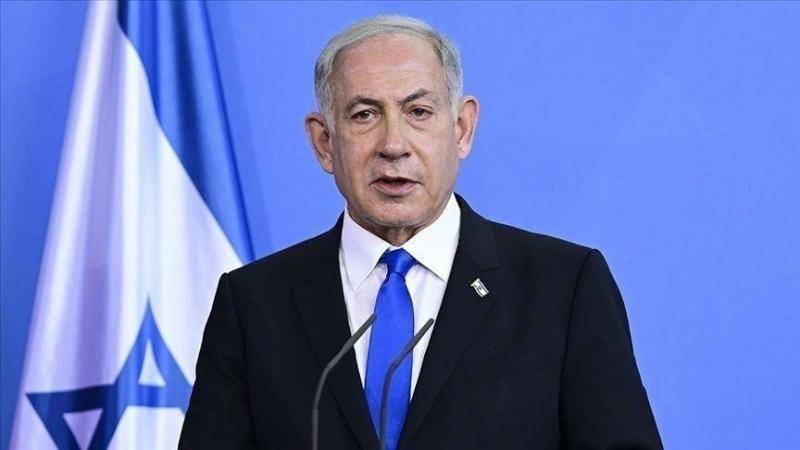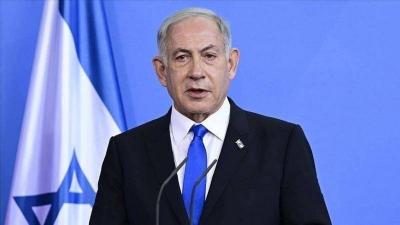Despite confirming that it will respond to the Iranian attacks that targeted its territory on Saturday night, Israel appears to be in a challenging position. It is faced with two bitter options, as many experts believe that responding to the Iranian attack and invading the densely populated city of Rafah in southern Gaza are two fronts that Israel cannot handle simultaneously, and thus must make a choice. However, for Israeli Prime Minister Benjamin Netanyahu, the issue is only about timing, as he has repeatedly asserted his determination to achieve both objectives.
Nonetheless, he cannot completely ignore the urgent calls from Washington for restraint and the need to protect civilians in southern Gaza. Many analysts doubt that the Israeli military could manage two fronts at the same time. In this context, Michael Horowitz, director of Lo Peik Security Consulting, stated, "Israel will not be able to attack in Rafah and respond to Iran at the same time." He further added, "There will be a sequence and a decision that needs to be made."
Meanwhile, John Ireton, director of research at the Arms Control Monitoring Center, argued that Tel Aviv does not need to rush to respond to Tehran. Currently, it is not afraid of a new direct Iranian attack, allowing it the time to consider options that would not only avoid escalation but could also help resolve the crisis.
However, in either case of deciding to invade Rafah or respond to Tehran, the diplomatic impact weighs heavily on Israeli calculations, as Horowitz confirmed. While an increasing segment of the international community has criticized the bloody retaliatory actions carried out in Gaza following Hamas's attack on October 7, the protests and missiles fired by Iran towards Israeli territories late Saturday night once again rallied support around Israel from Western nations.
Nonetheless, a ground attack on Rafah, as well as an excessive response to Iranian fire, could contribute to erasing these diplomatic benefits. While Israel could benefit from the position of various foreign consultancies to take action, internally, Israeli public opinion appears to be divided as well. A survey conducted by the Hebrew University of Jerusalem released on Tuesday showed that 48% of respondents support responding to Iran at any cost (while 52% oppose), and 44% support an attack on Rafah even if it damages relations with the United States.
It's noteworthy that Israel cannot launch an attack on the Palestinian city until 1.5 million displaced persons who fled the war in Gaza are evacuated, according to the United Nations. Israeli security sources previously indicated that the attack on Rafah is scheduled to begin this week, but the army's yet undisclosed plans have been affected by the recent Iranian attack.




